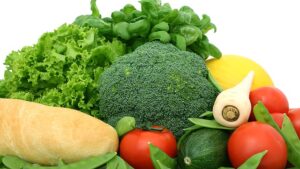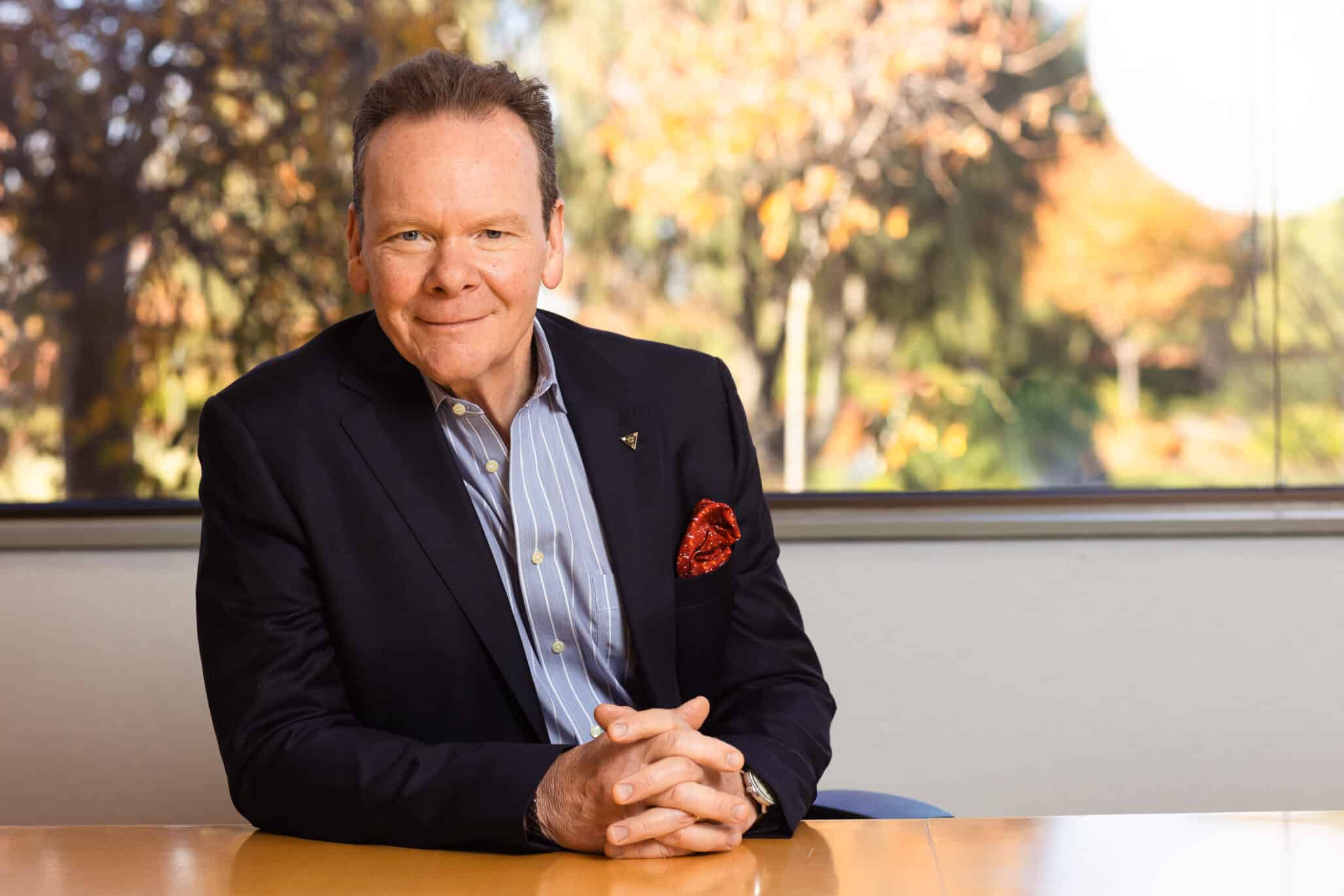Scott Williams is cucurbit and leafy global breeding lead for Monsanto Vegetable Seeds. We get his take on all things vegetable-related, including the one he’d rather not have on his plate.
Seed World: What are you reading?
Scott Williams: Currently, I’m reading “Thank You For Being Late,” by Thomas L. Friedman. It’s a non-fiction piece on technology and society today. It discusses how fast technology grows and changes our lives, and also how to deal with that.
Seed World: Why did you choose plant breeding as a career?
SW: My career in plant breeding genetics was inspired by my love for nature and science, and for being outside as a child. I had parents that supported my love for nature and my curiosity, and grandparents that lived on a farm at the edge of town. Once when I was visiting, they gave me a handful of seeds to plant, and told me to just plant them and see what grew — I was hooked. As an adult, I still love being outdoors, camping and hiking. In college, I worked for a professor in the agronomics department who was a wheat breeder. I decided to become a breeder myself.
Seed World: Favorite vegetable?
SW: My favorite vegetable to eat is lettuce. I try to eat very healthy, which includes at least one salad a day, usually for lunch. I like all vegetables, except okra — never been an okra fan.
To work with, cucumbers are my favorite. Most people do not have any idea how many different types of cucumbers are out there in the marketplace, and the work it takes to create them. There are so many varieties, and it is fun to breed and work with them to meet market demand.
Seed World: What’s the biggest success you’ve had in your work?
SW: Training new breeders, working with the next generation in our business. Prior to vegetables, I was mainly a corn breeder, and I developed great market products — ones that are still used and are considered commercially successful. But helping people develop careers and seeing their success, I would say that’s my real success. We feed the world and I see this career as a real way to give back to society; it’s why I became a plant breeder. Working with other plant breeders, together we give back and are creating more and better food for people around the world.
Seed World: What’s the biggest challenge you face?
SW: Time management. It is always a challenge to find enough time in the day to do everything. Every morning I create a to-do list; however, there are always problems that pop up throughout the day and need immediate attention. Also, most of the team that I work with are in Europe, so when I come into work in the morning, I address those items first, as they are nine hours ahead of me.
Seed World: What do you want people to know about the vegetable breeding industry?
SW: What people need to understand about vegetables is that it is very difficult to breed a new variety. Field corn is a little easier; at the end of the day, it’s just a grain. Vegetables are much more complex because you have a lot of people to please. Manufacturers need to have the ability to grow the variety, growers need to be satisfied with the disease resistance package offered, the grower/shipper needs to be pleased with how it handles and ships, all while keeping in mind the consumer preferences that also need to be addressed. Maybe the packer/shipper wants a tough skin on a melon so it doesn’t bruise, but the consumer wants a softer skin to cut into — you balance those traits. There are so many data points to analyze before a solution can be formed, taking all preferences and needs into consideration.
Seed World: Biggest misconception about vegetables in general?
SW: The biggest misconception people have is they think vegetables are easy to produce. Buy local is a little bit of a deceptive message — most stores can’t sustain a year-round supply, unless you are in a semi-tropical environment. In California, maybe most of your vegetables can be local year-round. Somewhere else, probably not. We always have a good variety of food available everywhere, and how it is produced and grown isn’t thought of. There’s a lot more science and education that go into how you grow great product for the market.













